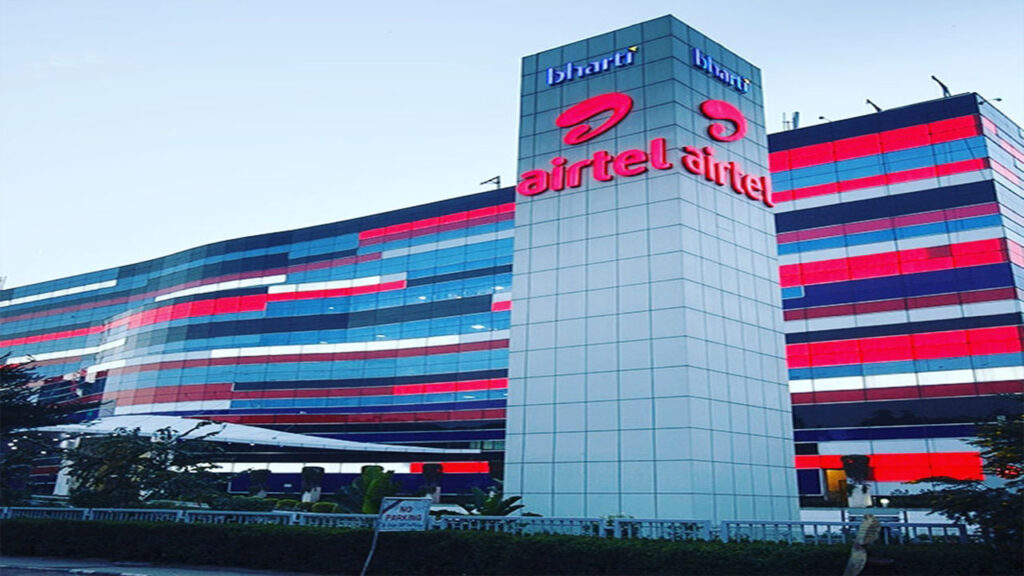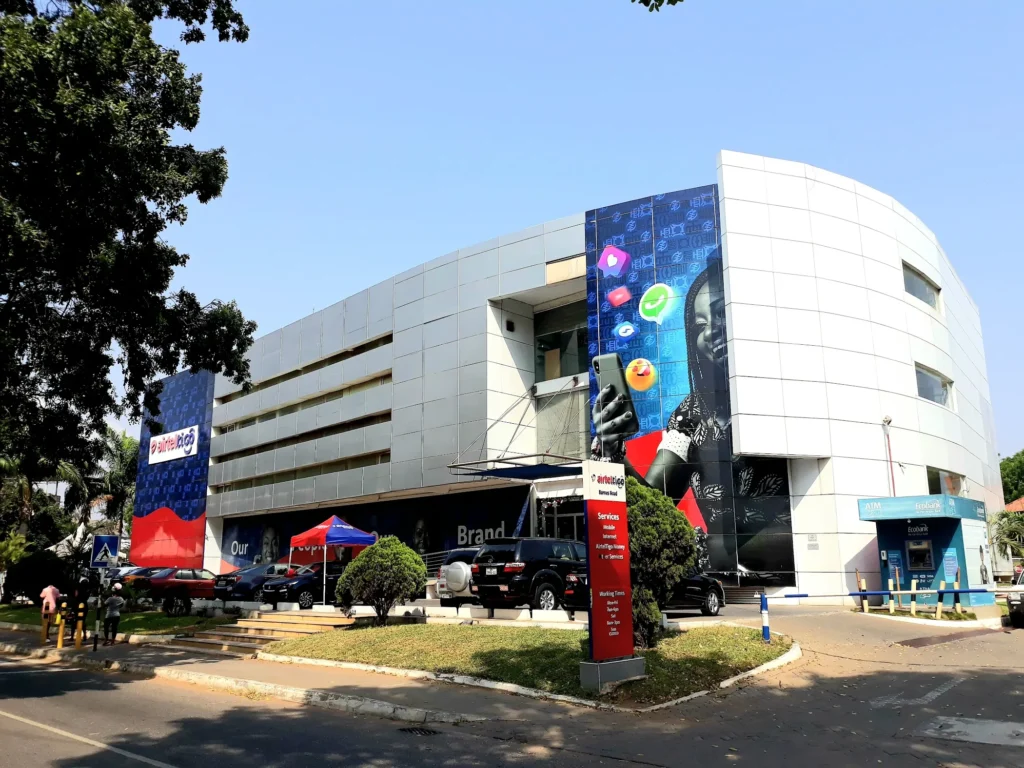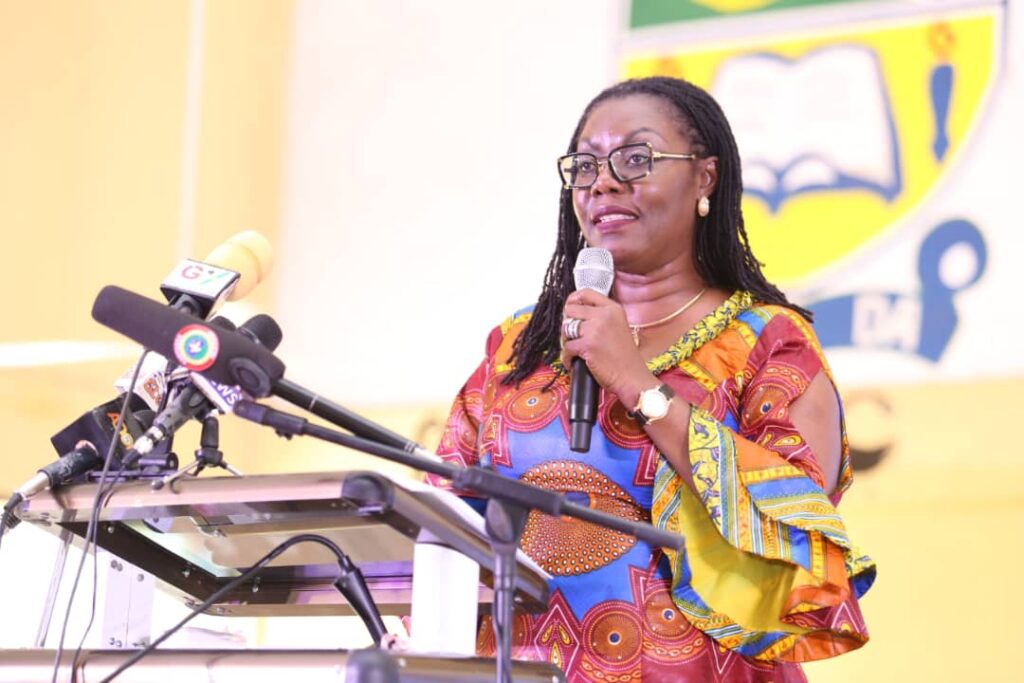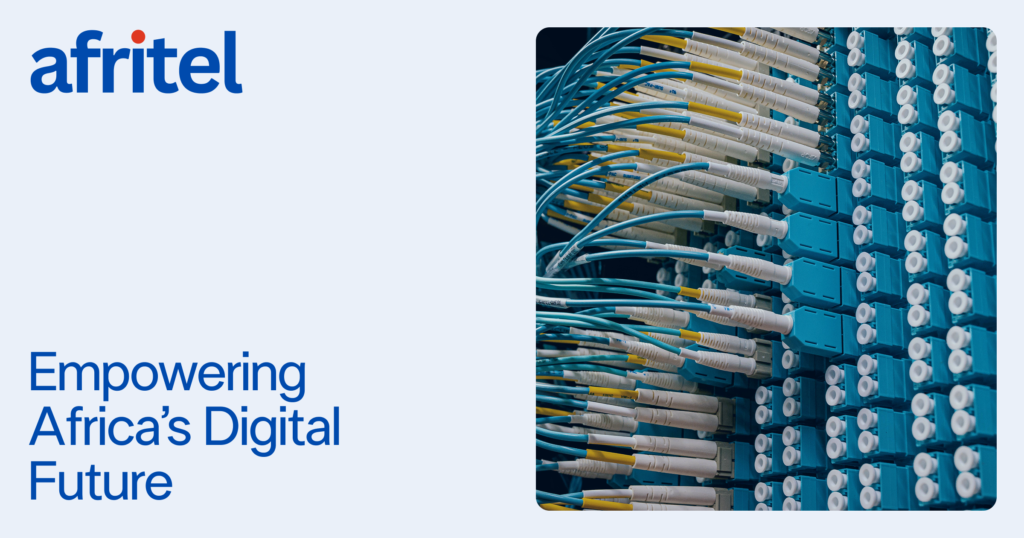In January 2025, a Commercial Division of the High Court in Accra granted an interim junction in favor of American Tower Corporation (ATC) Ghana against the telecom company AirtelTigo (AT) Ghana.
The win for ATC Ghana, which provides tower services to telecom companies in Ghana, stemmed from an ongoing arbitration at the International Chamber of Commerce (ICC) International Court of Arbitration in Paris, France.
The company claimed that AT Ghana had failed to pay to fulfil its payment obligations. The case had gone to arbitration due to overdue payments.
The tower company began cutting electricity to AT’s radio access sites over unpaid fees totaling 1.5 billion cedis (about $124 million), part of a broader 3.5 billion cedis ($289 million) debt pile that had ballooned by March.
In September, the Minister of Communications, Sam George, announced that three million AT Ghana subscribers had been moved onto Telecel to prevent a communications blackout.
AT Ghana, Ghana’s 3rd biggest telecom company has been facing extensive trouble since the merger of Airtel and Tigo in 2021.
The Pre-Merger Era: Airtel and Tigo’s Entry into Ghana
Airtel, the Indian telecom giant owned by Bharti Airtel, first entered Ghana in 2010 through its acquisition of Zain’s African operations, a $10.7 billion deal that gave it a foothold in 15 countries, including Ghana.

At the time, Ghana’s telecom sector was exploding, fueled by rising smartphone adoption and mobile money services. Airtel quickly built a subscriber base by offering affordable data plans and aggressive marketing, but it faced stiff competition.
Tigo, operated by Luxembourg-based Millicom International Cellular, had been in Ghana since 1992 under various names, establishing itself as a pioneer in mobile telephony. Known for its youth-oriented branding and innovative services like music streaming partnerships, Tigo held a solid market share.

By the mid-2010s, both companies were hemorrhaging money amid fierce rivalry from market leader MTN Ghana, which commanded over 50 percent of subscribers.
The 2017 Merger And Exits
In a bid to survive, Airtel and Tigo announced a merger in February 2017, creating AirtelTigo with regulatory approval later that year.
The combined entity boasted around 10 million subscribers, making it Ghana’s second-largest operator behind MTN.
After the merger, the CEO of Airtel, Lucy Quist, officially announced her resignation on October 9, 2017.
Roshi Motman, who was given the role of CEO of AirtelTigo, quit in June 2018 and was replaced by Mitwa Kaemba Ng’ambi.
Ng’ambi later resigned in September 2019 due to personal reasons.

In 2020, Bhartel Airtel, Airtel’s parent company, announced its exit from Ghana, with reports stating the decision was to focus on other markets on the continent.
Financial performance was another factor, with rising expenses making it difficult to continue operations.
In 2021, Millicom announced its full exit from the Ghana market after exiting Tanzania. CEO Mauricio Ramos explained its African asset divestitures would open a new chapter in the company’s history as it would be “solely focused on the Latin American region”.
Both companies sold their stake in AirtelTigo to the Ghanaian government.
Since the merger, AirtelTigo has had four CEOs. Leo Skarlatos became the fourth, following the expiration of Murthy Changanti’s (the third CEO) contract in May 2021.
Although there was fanfare around the AirtelTigo merger, it ultimately failed to deliver. Integration challenges, including overlapping networks and staff redundancies, led to persistent losses.
The firm subsequently lost subscribers and fell behind Telecel (formerly Vodafone) in market share the year after the merger announcement.
A $1 Deal and Rebrand
In October 2021, the former Minister of Communications, Ursula Owusu-Ekuful, announced that the Ghana government had acquired full ownership for $1, assuming its liabilities to prevent a collapse that could disrupt services for millions.

Ms Owusu-Ekuful, at the time, described it as a “strategic intervention” to safeguard jobs and national connectivity.
The move proved to be controversial.
Ras Mubarak, a former opposition lawmaker, questioned the acquisition and demanded more transparency in parliamentary hearings.
“I find it unacceptable that my own government entered into such an agreement to use taxpayer money, to acquire 100% of AirtelTigo’s shares,” he said.
“The [government] did not have the courtesy to inform the people of Ghana about the question, its reason, and how much money is committed.”
Seeking to distance itself from the merger’s baggage, AirtelTigo rebranded as “AT Ghana” in June 2023, citing simplicity and easier customer identification. The move included a new logo and marketing campaigns emphasizing reliability.
Under state stewardship, AT invested in 4G expansion, but financial strains and subscriber losses persisted.
By July 2024, subscriber numbers had dipped to 7.5 percent market share, dwarfed by MTN’s 75.3 percent and Telecel’s 17.2 percent.
More Debt, Disconnections, and a New Merger?
AT Ghana’s troubles escalated in March 2025 when details of its GHC 3.5 billion debt surfaced, igniting fresh outrage.
Samuel Nartey George, Member of Parliament for Ningo Prampam, who was appointed Minister of Communications, lambasted the original $1 deal as a “burden on Ghana,” labeling its handlers “enemies of the state.”
“We’ve inherited a GHC 3.5 billion hole for a token sum,” George told journalists on March 24, 2025.
By August, losses exceeded $10 million for the year, prompting the government to announce plans that suggested a merger with Telecel Ghana on September 4, 2025.
KPMG was appointed as a transaction advisor and will provide a report on options to alleviate AT Ghana’s debt.
Addressing AT staff, the communications minister cited unsustainable funding needs: “The government cannot continue to pump money into a loss-making entity.”
However, in a subsequent press conference, the Minister clarified there would be no “merger” or acquisition.
In the background, Canadian investment firm Rektron appeared to have been left out in the lurch.
In June 2025, the company announced plans to place a $150 million bid for a 60% stake in AT Ghana in partnership with telecom firm Afritel.
After the announcement by the Communications Minister of a plan to rescue AT Ghana, Rektron’s co-founder, Sanjeev Tolia, accused the Ghanaian government of “sabotage“.
On May 21, 2025, Rektron signed a Memorandum of Understanding (MOU) with the Government of Ghana, signalling its interest in acquiring and investing in the telecom company.

According to media reports, Mr. Tolia stated that Rektron had provided all necessary documentation to the government-appointed transaction advisor KPMG, including financial proof of funds. They were only notified about the government’s rescue plan through media reports.
(The Ministry of Communications and Rektron did not respond to our requests for comment via email at the time of this publication)
The Government plans to absorb all 300 AT Ghana staff before the end of September 2025, with commercial restructuring finalized within 120 days.
There is still uncertainty about the long-term future of AT Ghana. KPMG’s audit report could help shed light on the path stakeholders will have to take to save the company. Whether Rektron is in the picture remains to be seen.
Currently, Ghana’s telecom sector has one major player with almost 80% of market share, a rebranded Telecel still struggling to find its footing, and AT Ghana, which is burdened with mounting debt.
There is also the issue of Ghana’s messy 5G launch, which might finally take off before the end of 2025.
What looked like a once vibrant telecom sector needs a shot in the arm to stay afloat. The merger of Tigo and Airtel was supposed to be that boost. But in hindsight, it looks like a sinking ship.





